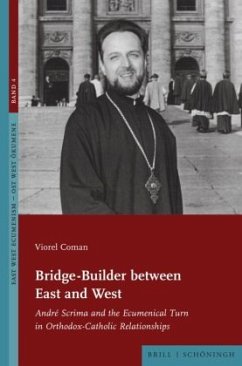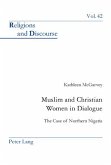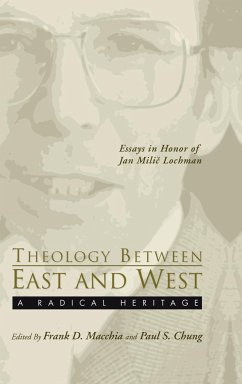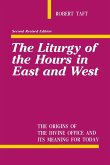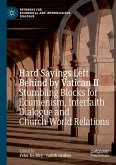This monograph unfolds the story of the ecumenical turn in Orthodox-Catholic relationships in the 1960s, with special focus on one of its chief architects: André Scrima (1925-2000). Therefore, the central objective of the monograph is to reconstruct Scrima's active involvement in the events that marked an epochal shift in Orthodox-Catholic relationships in the context of the Second Vatican Council. In doing so, the monograph argues that his work in the service of reconciliation between the Church of Constantinople and the Church of Rome was instrumental to the positive change that occurred in Orthodox-Catholic relationships in the 1960s, which influenced the course of interaction between the two major Christian traditions in the decades that followed and continues to do so even today.
Bitte wählen Sie Ihr Anliegen aus.
Rechnungen
Retourenschein anfordern
Bestellstatus
Storno

